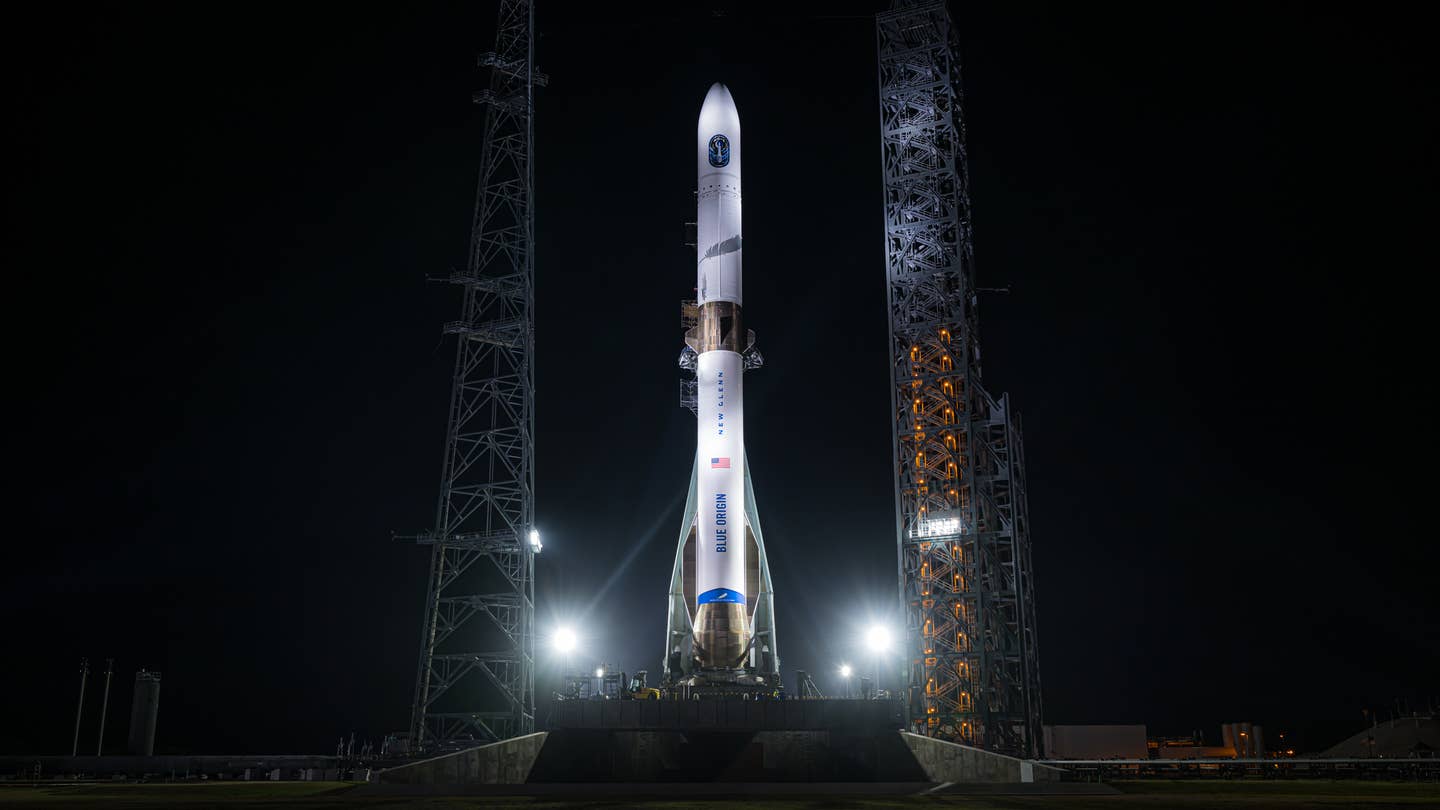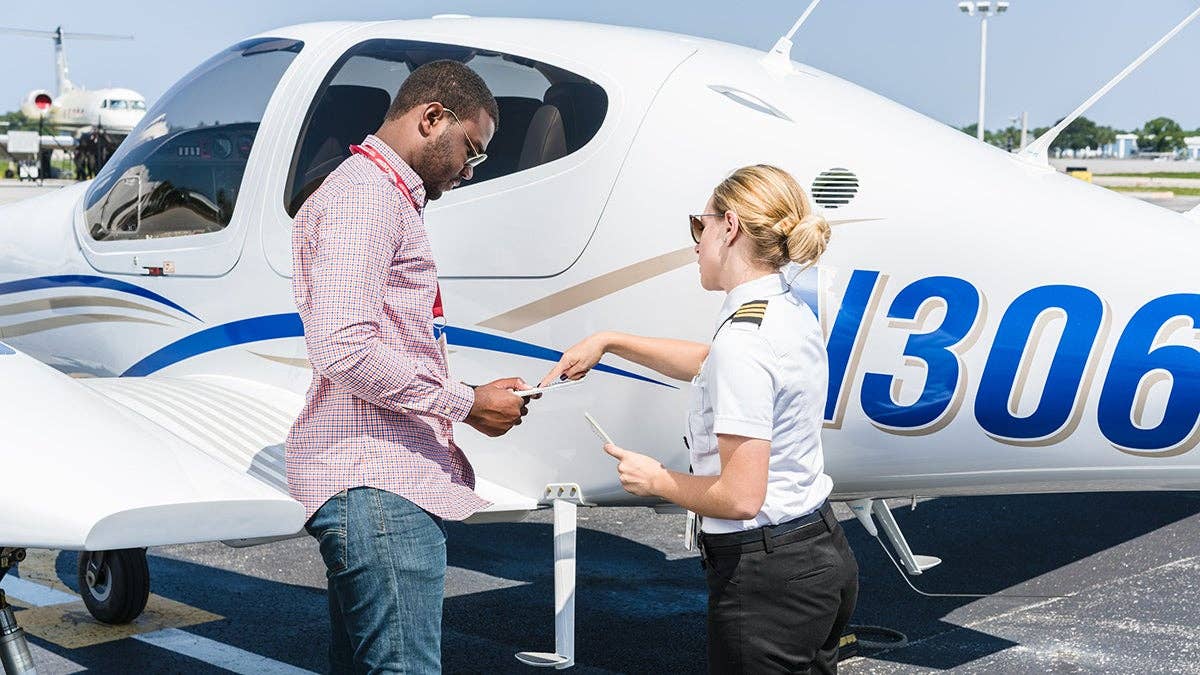
The FAA issued a new document last week pertaining to the issuance of special airworthiness certificates for light-sport category airplanes. The policy statement, which becomes effective on September 12, may have a significant impact on SLSA (special light-sport aircraft) manufacturers, in particular for those SLSAs that are manufactured outside the U.S.
An assessment of the health, state of systems implementation and compliance of the SLSA industry was conducted by the FAA between September 2008 and March 2009. The report that resulted from that assessment stated that the SLSA facilities could not in all cases prove that their airplanes met the consensus standards laid out in their airplanes’ Statement of Compliance documents (the documents SLSA manufacturers must present to the FAA in order to qualify for an airworthiness certificate). As a result, “the FAA has determined that its original policy of reliance on manufacturers’ Statements of Compliance for the issuance of airworthiness certificates for SLSA under the provisions of §21.190 should be reconsidered and that more FAA involvement in the airworthiness certification process for SLSA is warranted,” according to the policy statement.
A particular problem was found during the review process with SLSAs that were produced in other countries and shipped for assembly in the U.S. In some cases, the FAA found that the companies that performed the assembly “did not, or could not, carry out the functions to which they attested in their Statements of Compliance for the aircraft.” The FAA also found that some of the entities that assemble SLSAs would incorrectly label themselves as manufacturers. “The FAA will not issue airworthiness certificates in the light-sport category for these aircraft,” the statement says.
The document also puts emphasis on the manufacturer’s ability to deal with “safety-of-flight issues.” The FAA wants to make sure that the SLSA producers take the responsibility of ensuring the continued safety of their products through continuous engineering data and that SLSA owners are notified when and if issues arise.
If the policy is put through in its current state, the new rule could have devastating effects on the LSA industry. The first question that comes to mind is the availability of FAA inspectors. The budget-crunched agency already appears to have difficulty finding time to visit certified airplane manufacturers, so where are the SLSA inspectors going to come from?
The new policy could also potentially mean that SLSAs from several manufacturers would no longer qualify for airworthiness certificates. Those LSAs that don’t qualify for SLSA airworthiness certificates could perhaps be certified as experimental light-sport aircraft (ELSA), but the experimental label comes with restrictions that may be undesirable to many consumers. But the new policy could put some manufacturers out of business.
The FAA is accepting comments on the proposed rule until July 30. But regardless, whatever shape the final policy will take, SLSAs with airworthiness certificates issued prior to the September 12 effective date will not be affected.

Sign-up for newsletters & special offers!
Get the latest FLYING stories & special offers delivered directly to your inbox






